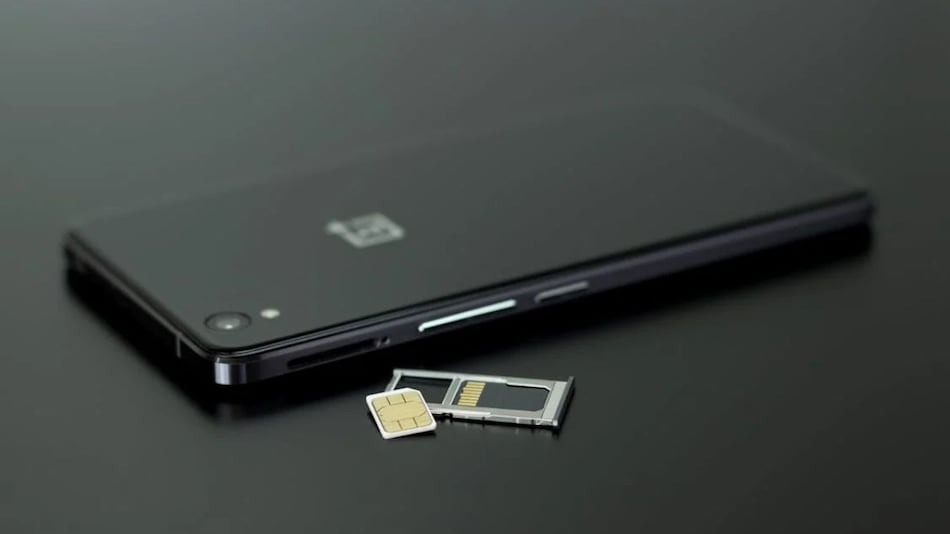New rules come into effect today following the ninth amendment of the Mobile Number Portability (MNP) Regulations, introduced in 2009.

TRAI allows mobile phone users to obtain a new SIM card if the old one is lost, stolen or damaged
Telecom Regulatory Authority of India (TRAI) announced several new guidelines concerning the replacement of lost, damaged or stolen SIM cards on March 14. The rules come into effect starting today (July 1). As per the guidelines, mobile phone users must now wait for a specified period of time before they will be allowed to switch network providers. As per the regulator, this move is said to be aimed at curbing fraudulent SIM replacements and switching telecom providers.
New TRAI guidelines
As per the circular issued by TRAI, users will now have to wait seven days after they have replaced stolen, damaged or lost SIM cards to switch network providers. These new rules come into effect today following the Ninth Amendment of the Mobile Number Portability (MNP) Regulations, introduced in 2009. MNP regulations have been amended eight times in the past.
Notably, MNP regulations offer a way for users to switch between telecom service providers while retaining their unique mobile numbers. According to TRAI, its new rules are aimed at combating fraudulent SIM swaps or replacements done by nefarious actors.
TRAI defines SIM swap as a process of “acquisition of a new SIM card in place of a lost or non-working SIM card by the existing subscriber”. The regulator allows mobile phone users to obtain a new SIM card if the old one is lost, stolen or damaged. As per the regulations, telecom providers will now be prohibited from issuing a unique porting code (UPC) to users in the initial seven days following the replacement or swap of the SIM. For this, a new criteria for rejection of the UPC issuance has been introduced. To issue a UNP, mobile service providers must check for the following conditions:
- The mobile number has been ported earlier. If so, a period of 90 days has not elapsed since the last date of porting.
- Another porting request from the same mobile number is in process.
- A UPC has already been issued to the mobile number and hasn't expired.
If any of the aforementioned conditions are valid, the network provider will be forbidden from generating a UPC and will have to inform the subscriber of the reason via an SMS, as per TRAI.
The draft of these rules was finalised after a suggestion by the Department of Telecommunications (DoT), according to TRAI. Meetings were also held with stakeholders along with due analysis, following which the amendment was announced.








